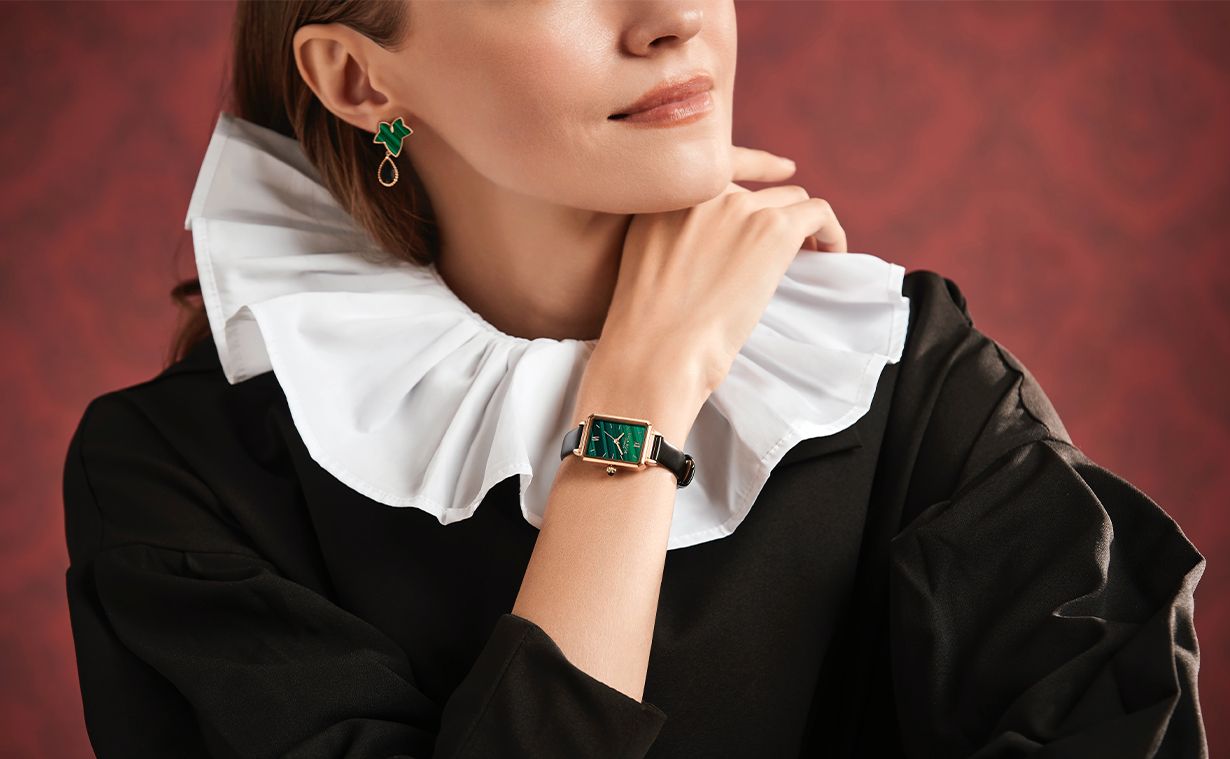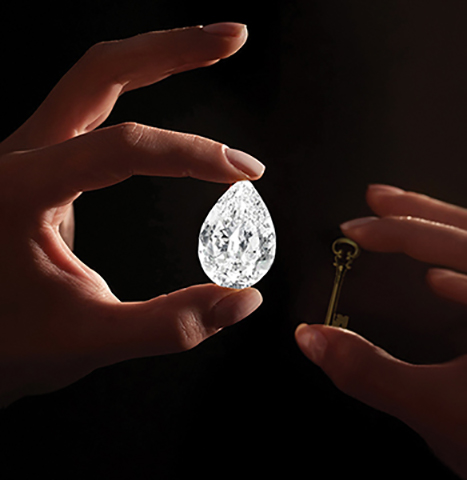The Enduring Debate: Jewellery or Jewelry? A Comprehensive Exploration
Related Articles: The Enduring Debate: Jewellery or Jewelry? A Comprehensive Exploration
Introduction
With great pleasure, we will explore the intriguing topic related to The Enduring Debate: Jewellery or Jewelry? A Comprehensive Exploration. Let’s weave interesting information and offer fresh perspectives to the readers.
Table of Content
The Enduring Debate: Jewellery or Jewelry? A Comprehensive Exploration

The seemingly simple question of whether to spell it "jewelry" or "jewellery" has sparked debate for generations. While both spellings are widely accepted, understanding the nuances of their origins and usage can shed light on the intricacies of the English language and the evolution of spelling conventions.
The Historical Roots of the Debate
The root of the word "jewelry" lies in the Middle English word "jowele," which referred to precious stones. Over time, this evolved into "jewel," and eventually, the collective noun "jewelry" emerged. This spelling, with the "y," is considered the American English standard.
The British English spelling "jewellery" is a direct descendant of the Middle English "jowele" and retains the original "ey" ending. This spelling reflects the influence of British spelling conventions, which often retain older spellings and grammatical structures.
The American English Standard: "Jewelry"
The American English spelling "jewelry" is the dominant form in the United States and many other countries. Its prevalence is attributed to Noah Webster, the American lexicographer who spearheaded the simplification of English spelling in the late 18th and early 19th centuries. Webster’s efforts sought to eliminate unnecessary letters and create a more consistent spelling system. This led to the adoption of "jewelry" as the standard spelling in American English.
British English Tradition: "Jewellery"
British English, however, has maintained the spelling "jewellery," adhering to its historical roots and traditional spelling conventions. While "jewelry" is occasionally used in British English, "jewellery" remains the preferred and more commonly used spelling.
Global Variations and Usage
While the debate primarily centers around American and British English, other English-speaking countries often follow their respective conventions. For instance, Canada generally uses "jewelry," aligning with American English, while Australia and New Zealand tend to use "jewellery," reflecting their British English heritage.
The Importance of Context and Consistency
Ultimately, the choice between "jewelry" and "jewellery" often depends on the context and intended audience. In formal writing, adhering to the specific style guide of the publication or institution is paramount. For example, a publication adhering to the Chicago Manual of Style would use "jewelry," while a British journal might prefer "jewellery."
In less formal contexts, such as personal writing or social media, consistency is key. Choosing one spelling and sticking to it throughout a piece ensures clarity and avoids confusion for the reader.
FAQs: Exploring Common Questions
Q: Is "jewelry" or "jewellery" correct?
A: Both spellings are considered correct, but "jewelry" is the American English standard, while "jewellery" is the British English standard.
Q: Which spelling should I use in my writing?
A: Consider your intended audience and the style guide, if applicable. If writing for a primarily American audience, "jewelry" is recommended. For a British audience, "jewellery" is more appropriate.
Q: Is there a difference in pronunciation between the two spellings?
A: No, the pronunciation remains the same regardless of the spelling. Both "jewelry" and "jewellery" are pronounced "JOOL-ree."
Q: Can I use both spellings interchangeably?
A: While both spellings are accepted, using them interchangeably within the same piece of writing can create a sense of inconsistency and might confuse the reader.
Tips for Choosing the Right Spelling
- Consider your audience: Identify the primary audience for your writing. If writing for a global audience, consider using the more internationally recognized spelling, "jewelry."
- Adhere to style guides: If writing for a publication or institution, follow their designated style guide.
- Maintain consistency: Once you’ve chosen a spelling, stick to it throughout your writing.
Conclusion: A Matter of Style and Tradition
The debate over "jewelry" versus "jewellery" ultimately boils down to a matter of stylistic preference and historical context. Both spellings are widely accepted and understood, and the choice often depends on the writer’s intended audience and the conventions of the writing style. While the debate may continue, the importance lies in recognizing the nuances of the English language and appreciating the evolution of spelling conventions over time.








Closure
Thus, we hope this article has provided valuable insights into The Enduring Debate: Jewellery or Jewelry? A Comprehensive Exploration. We hope you find this article informative and beneficial. See you in our next article!